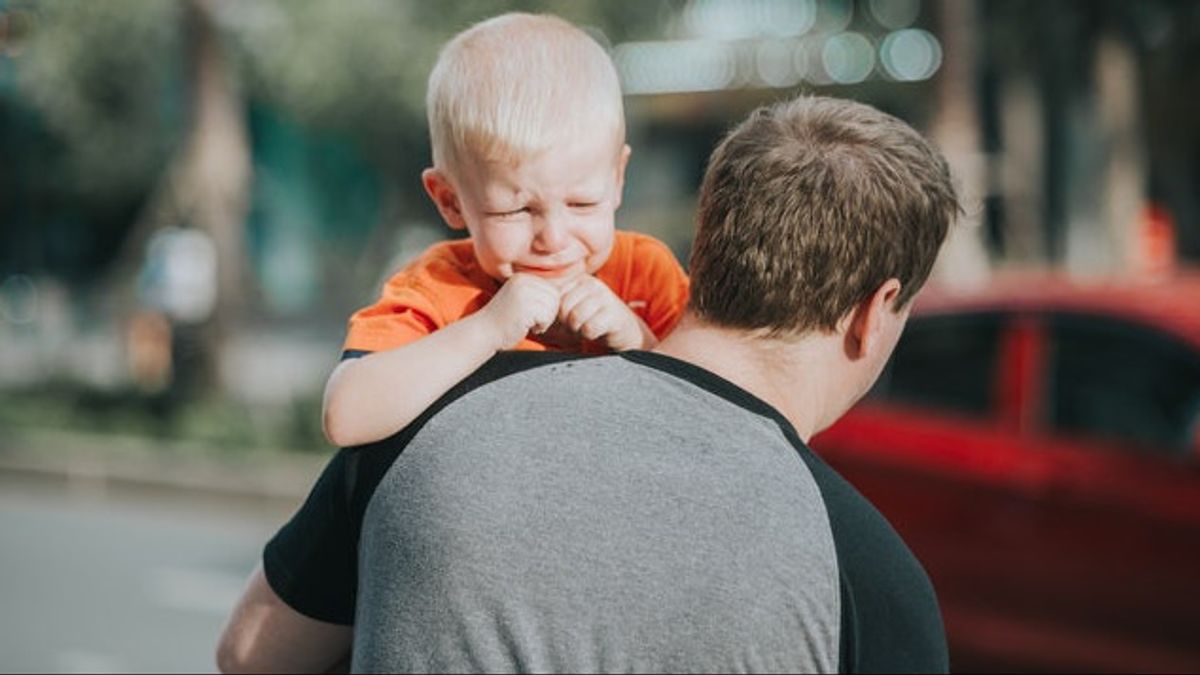JAKARTA - Several schools have started holding limited Face-to-face Learning (PTM). Children who initially registered for school were only connected via laptop screens, computers, or tablets with teachers and other students, now they can feel the sensation of being directly present in the classroom and physically meeting.
However, Mama and Papa's feelings will certainly be uneasy when the other children seem happy and excited to go to school, while your child is not at all. In fact, the refusal to go to school had been going on since the night before. This activity that some of the children had been waiting for became scary for them.
For these children, school becomes a heavy thing. He really looked very unhappy every time he heard the word 'school'. Likewise for his parents. Seducing, motivating, and explaining to a child why he should go to school without rejection is certainly very difficult.
Katie Hurley, LCSW, child and adult psychologist specializing in anxiety disorders and author of The Happy Kid Handbook: How to Raise Joyful Children in a Stressful World, reports Parenting, Wednesday, November 24, that school refusal is caused by anxiety. or depression—or what is known as school phobia—affects about 2-5% of children each school year. According to him, school phobia can be from a mild stage and will be able to disappear within a few days or even months due to severe anxiety and depression.
“School refusal is a serious emotional problem that is stressful for both children and parents,” he says. He describes the disorders that cause a child to refuse school:
Separation AnxietyGenerally, this problem occurs in younger children, such as toddlers who have just entered preschool or kindergarten. This disorder is excessive anxiety about separation from parents when they have to go to school. The anxiety includes an overwhelming fear of danger and includes the death that can befall parents when separated.
Social anxietyChildren with social anxiety tend to have concerns about the views and judgments of their schoolmates or teachers. Some of the fears they have include appearing in public, being judged, and interacting with other children.
Anxiety with New SituationChildren with generalized anxiety complaints have concerns about a number of events or activities such as what if he is thirsty, what if he has the urge to urinate, what if he accidentally falls, and so on. Ultimately, this anxiety causes social pressure, academic performance, and more.
Ever Experienced BullyingWell, this can cause traumatized children to meet new children. He was worried that he would have the same experience.
The English, Chinese, Japanese, Arabic, and French versions are automatically generated by the AI. So there may still be inaccuracies in translating, please always see Indonesian as our main language. (system supported by DigitalSiber.id)












